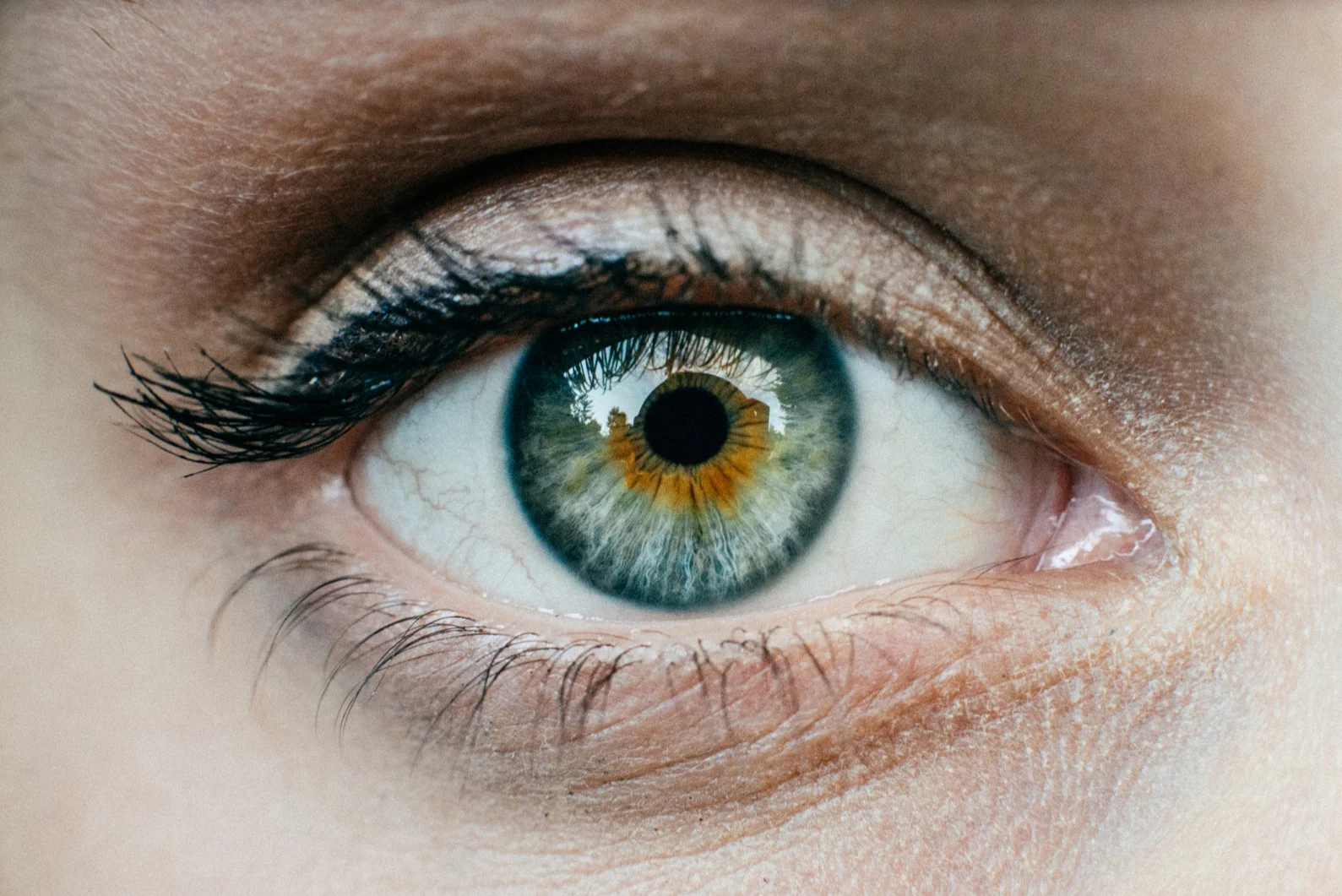LivingCare Group brings laboratory-grade male fertility testing in-house through Sapyen partnership
Feb 16, 2026
Published on
13/10/2025


The LivingCare Group




Understanding the functional benefits of blepharoplasty.
Blepharoplasty, also known as upper eyelid surgery, removes excess skin, fat, or muscle from your eyelids. This creates a more youthful, alert look. However, while the surgery is the third most popular cosmetic surgery in the UK, for some people, the reasons for eyelid surgery extend beyond appearance. [1]
At LivingCare, we understand the importance of getting the surgery you want or need quickly. That’s why we offer quick access to treatments with an experienced team of surgeons and consultants. Whether it’s to improve your self-confidence or to help your vision, you could be feeling brighter sooner with LivingCare.
In this article, we explore the functional reasons why people have blepharoplasty surgery.
In a study, looking younger was a motivation for 89.3% of the females opting to have blepharoplasty[2]. It is a common cosmetic procedure, but there are some medical or lifestyle reasons for having the surgery.
As part of the natural ageing process, our skin loses elasticity and collagen. This is particularly noticeable in areas around the eyes where the skin is thinner. For some eye shapes, the loose skin can be more prominent, covering the pupil and obstructing vision. The condition is called acquired ptosis.
With this condition, the levator muscle is overstretched either from ageing, eyelid pulling, excessive eye rubbing, or long-term use of contact lenses.
Most often, acquired ptosis is gradual and age-related. However, if there is a sudden drooping of the eye or eyes, it could be a neurological issue or from trauma, and it is important to get checked quickly.
The less common type of ptosis is congenital ptosis. With this condition, the levator muscle doesn’t develop properly in the womb, limiting the vision field.
The feeling of heavy, hooded eyes can be uncomfortable. It can create the feeling of tiredness, even when you are well rested. If you suffer from puffy eyes due to allergies or fluid retention, hooded eyes can feel more uncomfortable.
Feeling self-conscious can take its toll on your mental health. The NHS explains that when we have low self-esteem, we see ourselves and our lives in a negative and critical light. When you feel low, you may avoid social situations or stop trying new things. This can lead to depression and anxiety.
The levator muscles are responsible for your eyelid opening and closing. Along with your ocular and brow muscles, they are active most of your waking life. When you sleep, these muscles get the rest they need.
If you notice your eyelids are droopy following a period of poor sleep, it could be because your eye and brow muscles are tired and weak, just like your legs would feel if you’d been on your feet all day.
The less you sleep, the more pronounced and heavy your eyelids may become. This heaviness can also make you feel more tired.
Data from the American Society of Plastic Surgeons found that 48% of eyelid surgeries are performed on patients aged between 55-69 years old[3]. The next most common age was 40-54, at 33%. Those 70 and over accounted for 10% of procedures. When you have the surgery will depend more on your needs and health rather than your age.
The NHS writes that drooping eyelids are common and that many eyelid problems are “not serious”[4]. However, when you are living with the discomfort or restricted vision of hooded eyelids, it can feel serious.
At LivingCare, we offer rapid access to expert consultants in our Leeds clinic. With state-of-the-art facilities and a highly experienced clinical team, we ensure you have the functional and aesthetic outcome you seek.
If you believe a blepharoplasty might be for you, book a consultation with our experts. We can discuss your symptoms and whether the surgery is right for you.